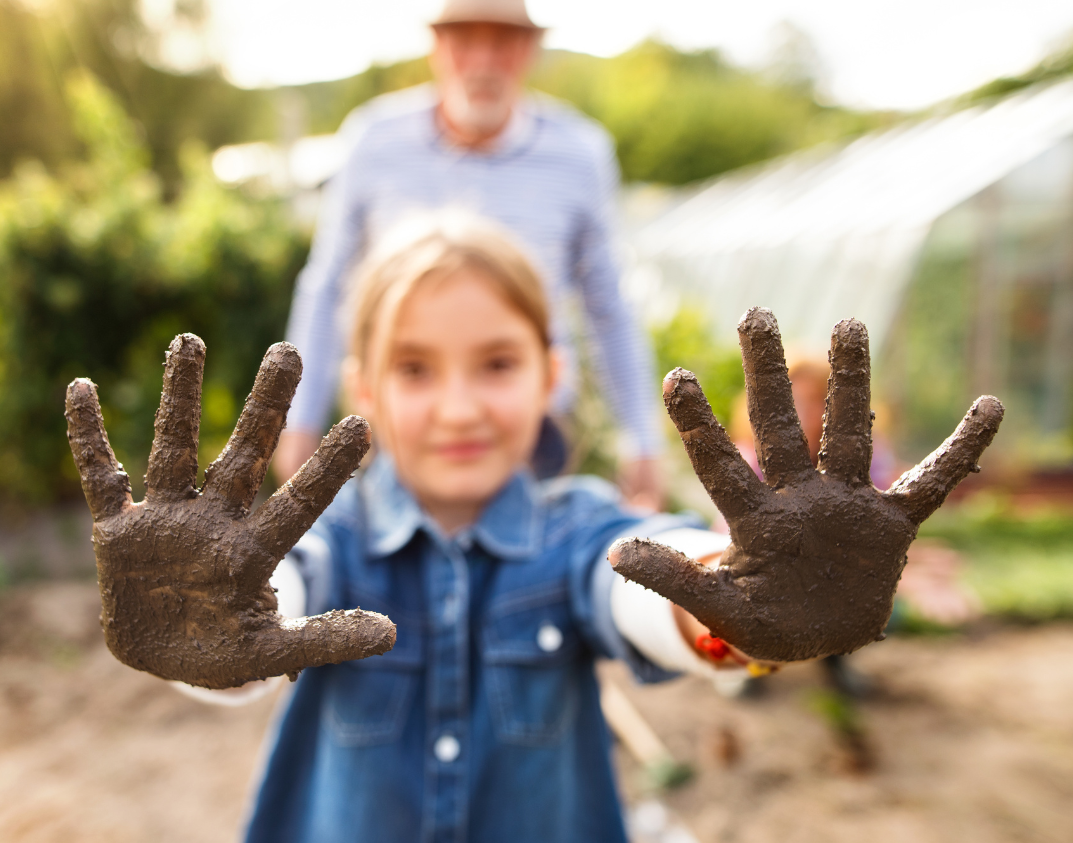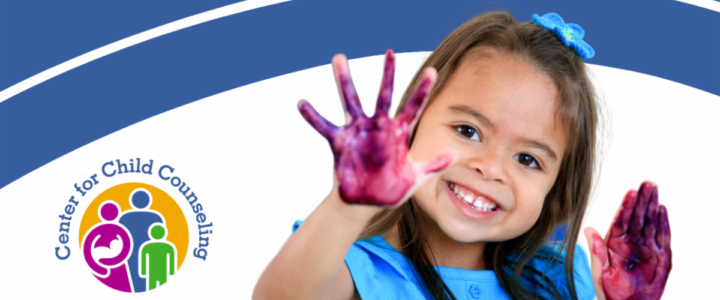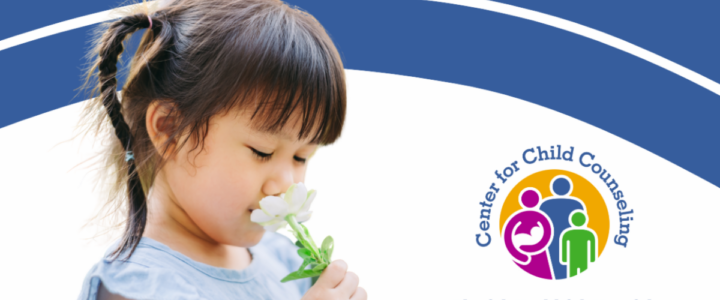2. Maintain a Routine
While summer often means a break from the usual schedule, keeping a consistent routine provides a sense of stability. As much as possible, set regular times for meals, activities, and bedtime to help your child feel safe and secure. This is particularly important for very young children, especially before the age of 5. Children thrive on structure and consistency - and it also helps parents by creating a predictable environment that helps children grow emotionally, cognitively, and socially.
3. Promote Physical Activity and PLAY!
Encourage your child to stay active through sports, dance, or even simple outdoor play. Physical activity releases endorphins, which can improve mood, and reduce anxiety. Here are 11 ways to encourage your child to be physically active.
Play is essential because it contributes to the cognitive, physical, social, and emotional development and well-being of your child. Play also offers a great opportunity for you, as a parent or caregiver, to positively engage and interact with your child. Check out our Ways to Play page for fun ideas. We love this resource from the Center on the Developing Child at Harvard University, Brain-Building Through Play: Activities for Infants, Toddlers, and Children. The handout series provides suggestions games and play-based activities based on your child’s age.
4. Limit Screen Time
While it's tempting to rely on screens for entertainment, excessive screen time can negatively impact mental health. Set boundaries and encourage other activities like reading, games, arts and crafts, or outdoor exploration. Have a Nature Scavenger Hunt by making a list of items found in nature, such as leaves, rocks, or flowers. Or conduct simple science experiments such as baking soda and vinegar volcanoes or making a rainbow in a jar. These are fun and educational activities!
The American Academy of Pediatrics (AAP) recommends minimizing or eliminating media exposure, other than video chatting, for children under the age of 18 months. Learn more from the AAP about how media can affect your child.
5. Foster Social Connections
Arrange playdates, group activities, or a trip to the park to help your child stay connected with friends and peers. Social interactions are vital for emotional health and can help reduce feelings of loneliness. Here are 3 ways to help your child build social connection skills.
6. Provide Healthy Nutrition
A balanced diet rich in fruits, vegetables, and whole grains can positively affect mood and energy levels. Involve your child in meal planning and preparation to make healthy eating fun. We love these ideas:
- Plant a garden with your child and watch it grow! Not only is play in the dirt fun, but your child is more likely to try foods they have grown. Tomatoes, carrots, cucumbers, and peppers are a good place to start.
- Make cooking a family activity! Talk about your family's food traditions and teach them a favorite recipe.
- Take a field trip to a farmer's market or local farm to learn more about other types of vegetables and fruits that may not be available at your grocery store.
The AAP has a wealth of information about nutrition for parents and caregivers.
7. Encourage Mindfulness and Relaxation
Teach your child simple mindfulness exercises or relaxation techniques, such as deep breathing or yoga. These practices can help them manage stress and stay calm. Our Loving-Kindness Mindfulness video for kids is a great start!










